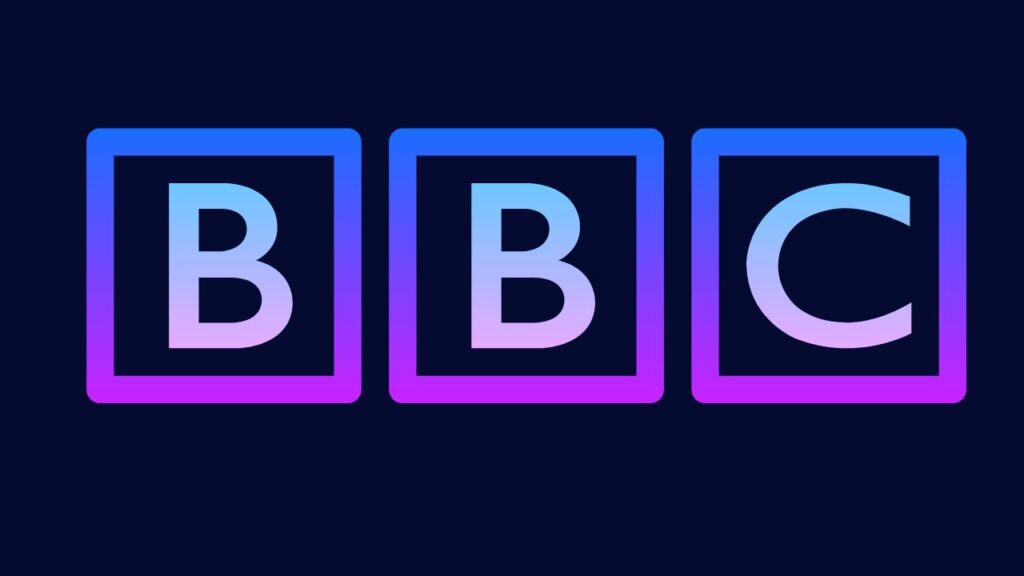New Delhi, Feb 3.
The Supreme Court on Friday sought an explanation from the Indian government over its recent move to block the BBC documentary on Prime Minister Narendra Modi and any connected tweets and links.
The government will have to respond to the court notices in 4 weeks. The case will come up for hearing again in April. The bench, however, refused to pass any interim orders for now such as lifting the ban on the documentary.
“Can we pass interim orders without first hearing the government,” the two-judge bench sought to know when senior advocate C.U. Singh sought immediate lifting of the blocking orders.
It instead asked the central government to produce the original records of the case at the next date of hearing to allow the court to take a call on whether it was legal.
Two petitions had been moved in the top court against the take-down order. One has been filed by journalist N. Ram, activist lawyer Prashant Bhushan and TMC leader Mahua Moitra and the second by advocate Manoharlal Sharma.
These have challenged the take down order as violative of a citizen’s right to free speech and his right to know.
The bench led by Justice Sanjiv Khanna initially sought to know why the aggrieved persons in the case had not approached the High Court first.
“Why don’t you go to the High Court?” Justice Khanna asked. Singh pointed out all such cases earlier had been transferred to the Supreme Court for a consolidated hearing on the legal issues involved.
The bench also comprised Justice M.M. Sundresh.
The court notice has to be seen in the light of the vigour with which it protects the right to free speech and expression guaranteed to all citizens under the Constitution.
The bench though refused to accept a wider argument regarding the crackdown on universities over attempts to screen the documentary which portrays the PM in a not so fair light in the context of the Gujarat riots in 2002.
“That is a separate cause of action,” Justice Khanna said.
Singh argued that no information was available in public domain regarding the reasons why the government had issued the take-down order under the emergency provisions of the Information Technology Act.
The law allows the government to block within 48 hours any content inimical to the security of the country. It is not clear how the documentary was a threat to the country’s security, he suggested. The step may therefore not be proportionate to the ends sought to be achieved.
Social media platforms have earlier moved Indian courts against government orders blocking content which they said fell short of the standards prescribed under Section 69A of the IT Act.
The Act empowers the government to restrict access to any content in the interest of sovereignty and integrity of the country, security of the state, friendly relations with foreign states or for public order. Sometimes, the take down orders fall short of these standards, they have said.
Sharma in his plea argued that while the petitioners in the other petition were personally affected by the take down orders regarding their individual tweets, he was raising the issue in public interest.
He sought court intervention to lift a ban on the documentary, “India: The Modi Question”, and also a probe into the acts of omission and commission of those responsible for the riots. Justice Khanna told him to have his petition clubbed with the others for a hearing.

